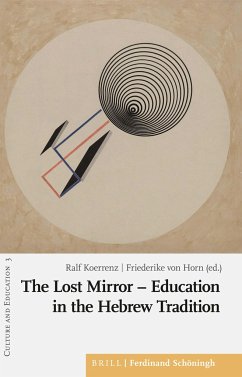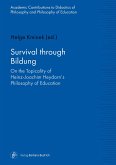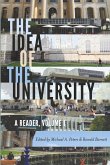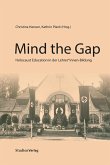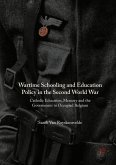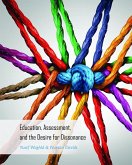The Lost Mirror traces cultural patterns in which the interpretation of learning and education was developed against the backdrop of Hebrew thought.The appreciation of learning is deeply rooted in the Hebrew way of thinking. Learning is understood as an open and history-conscious engagement of man with culture. The consciousness of history is shaped by the motif of the unavailability of the "other" and the difference to this "other". This "other" is traditionally remembered as "God", but may also be reflected in the motifs of the other person or the other society. The Lost Mirror reminds us of a deficit, which is that in our everyday thinking and everyday action, we usually hide, forget and partly suppress the meaning and presence of the unavailable other. The book approaches this thinking through portraits of people such as Janusz Korczak, Martin Buber, Hannah Arendt, Emmanuel Levinas, Jean-Francois Lyotard and others.
Bitte wählen Sie Ihr Anliegen aus.
Rechnungen
Retourenschein anfordern
Bestellstatus
Storno

